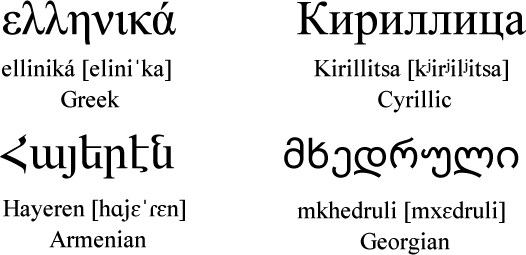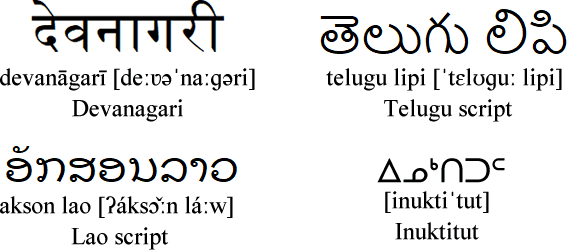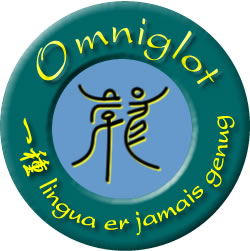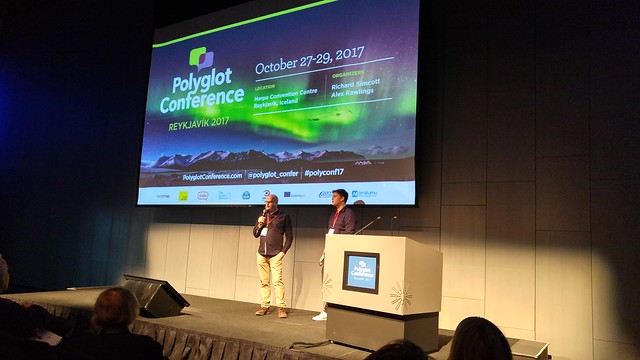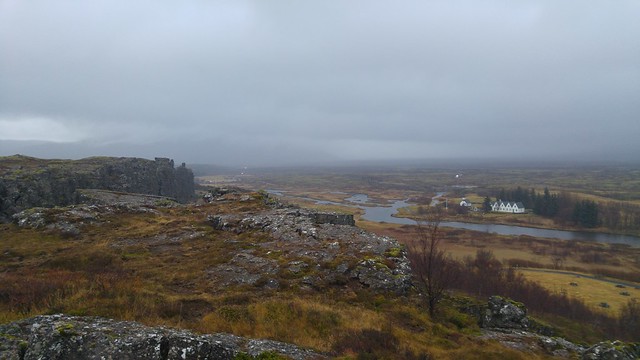Podcast: Play in new window | Download
In this episode I discuss the distinction between between less and fewer, and commonly-held beliefs about English grammar and usage. I investigate where these ‘rules’ and practises originated and find out who is responsible.
Less & Fewer
Less was used to mean fewer, i.e. a smaller number of from the 9th century. From the 11th century it was being used to mean smaller or lesser – a comparative form of little. By the 14th century it was being used to mean a smaller amount (of) or not as much.
It comes from the Old English lǣs (less), from the Proto-Germanic *laisiz [source].
Fewer is used to mean a smaller number of something, and is generally used before plural countable things. For example, fewer words, fewer letters.
It comes from few, from the Middle English fewe (few, little, not many; small, little), from the Old English fēaw (few), from the Proto-Germanic *fawaz (few), from Proto-Indo-European *peh₂w- (few, small). [source].
In his 1770 book REFLECTIONS ON THE ENGLISH LANGUAGE: In The Nature of VAUGELAS’s REFLECTIONS ON THE FRENCH; Being a Detection of many improper Expreſſions uſed in Converſation, and of many others to be found in AUTHORS. (p 55), Robert Baker wrote:
“LESS. This word is moſt commonly uſed in ſpeaking of a number; where I ſhould think Fewer would do better. No fewer than a Hundred, appears to me not only more elegant than No leſs than a Hundred, but more ſtrictly proper.”
This is a reproduction of the original text:
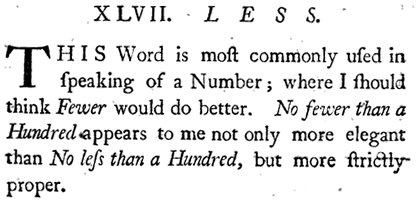
Splitting Infinitives
In his 1866 book, A PLEA FOR THE QUEEN’S ENGLISH: Stray Notes on Speaking and Spelling (p 188), Henry Alford, Dean of Canterbury, wrote:
A correspondent states as his own usage, and defends, the insertion of an adverb between the sign of the infinitive mood and the verb. He gives as an instance, “to scientifically illustrate.” But surely this is a practice unknown to English speakers and writers. It seems to me, that we ever regard the to of the infinitive as inseparable from its verb. And when we have already a choice between two forms of expression, “scientifically to illustrate,” and “to illustrate scientifically,” there seems no good reason for flying in the face of common usage.
This is a reproduction of the original text:
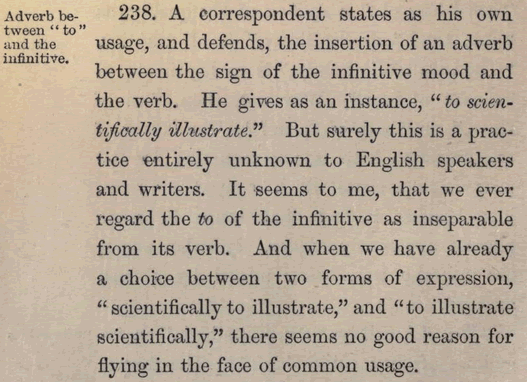
Ending sentences with prepositions
In his 1763 book, A Short Introduction to English Grammer: With Critical Notes (p 141), the Right Rev. Robert Lowth, D.D. Lord Bishop of Oxford, wrote:
The Prepoſition is often ſeparated from the Relative which it governs, and joined to the Verb at the end of the Sentence, or of ſome member of it: as, “Horace is an author, whom I am much delighted with.” “The world is too well bred to ſhock authors with a truth, which generally their bookſellers are the firſt that inform them of.” This is an Idiom which our language is ſtrongly inclined to; it prevails in common converſation, and ſuits very well with the familiar ſtyle in writing; but the placing of the Prepoſition before the Relative is more graceful as well as more perſpicuous; and agrees much better with the ſolemn and elevated Style.
This is a reproduction of the original text:
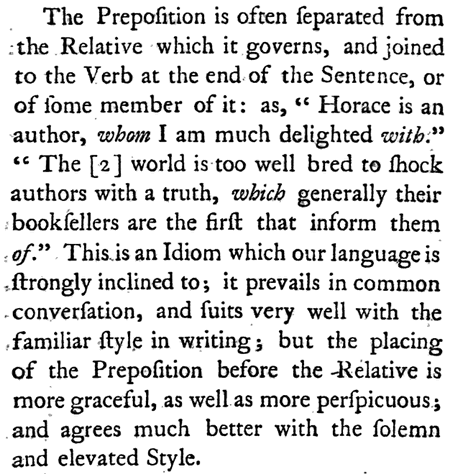
Double negatives
In his 1711 book, An Essay Towards a Practical Engliſh Grammar, Describing the Genius and Nature of the English Tounge; Giving Likewiſe A Rational and Plain Account of Grammar in General, with a familiar Explanation of its Terms. (p 182), James Greenwood, Sur-Master of St. Paul’s School, wrote:
Two Negatives, or two Adverbs of Denying, do in Engliſh affirm.
This is a reproduction of the original text:

In the 1794 edition of Robert Lowth’s A Short Introduction to English Grammer: With Critical Notes (p 132), he wrote that:
Two Negatives in Engliſh deſtroy one another, or are equivalent to an Affirmative.
This is a reproduction of the original text:
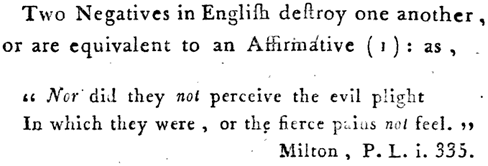
Tunes played in this epsiode
The Salmon’s Leap / Naid yr Eog
The Kettle / Y Tecell
The Swellies / Pwll Ceris
These and other myths about English are discussed on The Grammarphobia Blog.
More information and sources
Wikipedia, Visual Thesaurus, Corpus of Global Web-Based English, Google Books Corpus, Inky Fool
